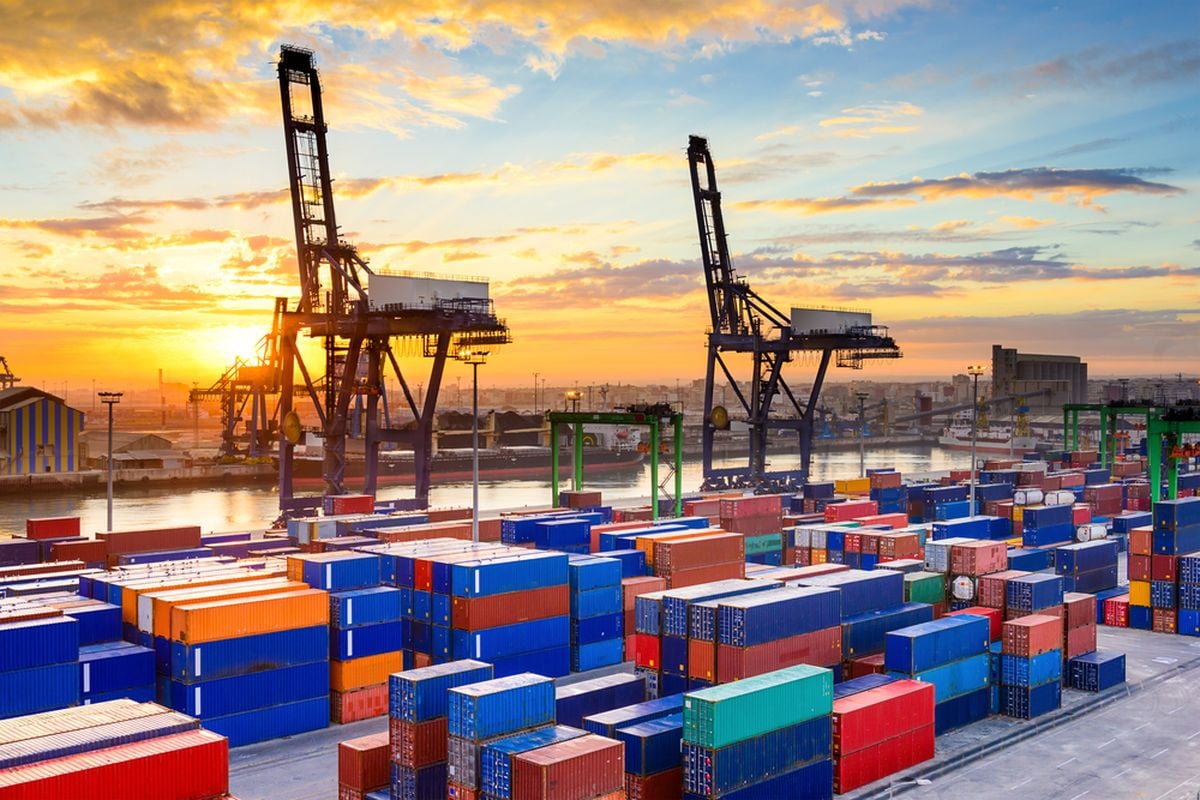
There are two changes to the rules surrounding how VAT is accounted for if your business moves goods between EU Member States in certain specific situations. These new VAT rules for cross-border transactions (VAT quick fixes to simplify EU trade for businesses) came into force from 1 January 2020 and may impact your business and its reporting requirements.
Call-off stock simplification
Call-off stock is where a supplier moves goods to another member state and holds them there for a specific customer, ready for sale and delivery when requested by the customer (for example, if someone runs a warehouse for them in the destination country).
Previously, unless the customer was prepared to account for VAT when the goods arrived in the country, the supplier had to register for VAT there and account for local VAT on the goods when they arrived in the country, then charge local VAT on the sale when it was made.
Now, provided certain conditions are met, the supplier can ignore the initial transport of goods to the destination country and instead treat the sale to the customer as if that was a direct cross-border sale, so they won’t need a VAT registration in the destination country. Instead, the recipient will be required to account for the VAT in the Member State of destination, as if the goods had been shipped directly to them.
Generally, the key conditions that need to be met are that:
- A call-off stock agreement is in place with the customer
- The supplier is removing the goods to the Member State of destination with the intention of supplying those goods to the customer there
- The supplier must not have a fixed establishment in the Member State of destination
- The customer must be VAT-registered at the Member State of destination at the time the transport of the goods begins
- The supplier records the removal of the goods
- The customer’s VAT registration number in the Member State of destination is reported on the supplier’s EC sales list
This is a welcome simplification for those affected businesses, removing the need for VAT registration in other EU countries, although whether the relief is permanent will depend upon how VAT is dealt with between the UK and EU following the end of the Brexit transition period.
Chain transactions
A chain transaction involves successive supplies of goods between three or more parties, in which the goods are delivered directly from the first party located in one EU Member State to the final purchaser in the chain, located in another EU Member State, without physically passing through the hands of the intermediaries.
Where the below conditions apply, the new rules will be used to determine where each supply in the chain takes place, and therefore if each sale/invoice is subject to VAT in the UK or another EU member state. These provisions only apply:
- To goods, not services
- Where there is a chain of sales between 3 or more businesses
- Where the physical delivery of goods is direct between a supplier and final buyer, bypassing one or more intermediate businesses
- Where the actual delivery of goods is cross-border within the EU.
Therefore the new rules will not apply to sales or deliveries to consumers, however they could potentially apply to businesses who are involved in the supply of goods that are either:
- Buying and selling goods that they do not actually handle themselves
- Selling goods invoiced to one business but delivered to a different business
- Buying goods invoiced from one business but actually received directly from a different supplier
and in each case the relevant delivery is cross-border within the EU.
The new rules are complicated, so we do recommend that advice is sought, but basically the determinant of who actually makes the cross-border supply for VAT purposes revolves around the person who actually arranges transport of the goods across the border:
- If the original supplier arranges transport then the normal rules apply – the sale by the original supplier is the cross-border sale, and any subsequent sale is a supply in the destination country;
- If an intermediary business arranges transport then the sale to that intermediary is the cross-border supply (so previous sales are supplies in the origin country, subsequent sales are supplies in the destination country). There is an exception that sometimes applies where that intermediary is VAT registered in the same country as the supplier, in which case the sale by them can be the cross-border supply;
- If the final business in the chain, to whom the goods are delivered, arranges the delivery then as under 2 the sale to them is the cross-border supply (so all previous sales are in the origin country).
The usual principles will then apply to VAT being accounted for by the recipient of the cross-border supply, and being charged within the country of any previous or subsequent domestic supplies within the chain.
VAT remains one of the least understood of all taxes, which is why we set up a specialist VAT advisory department, to help guide businesses through the complex maze of VAT legislation. Our team help with all areas of VAT from relatively basic issues such as initial registration, the completion and submission of VAT returns and advice on how to correct errors and mistakes, through to more complex issues such as assessments, control visits, cross border transactions, Option to Tax and DIY house builds. If you own Commercial Property and wish to understand the VAT implications for your business; why not get in touch, and discuss your queries with a member of our team.
Other articles;
.jpg)
Brian Gooch
I work extensively in the corporate owner managed business sector, covering transactional taxes, property taxes including Stamp Duty Land Tax and VAT, and all areas of business tax planning. I have considerable experience in maximising tax efficiency by reviewing business structures and planning corporate reorganisations.
View my articlesTags: VAT, Business Taxes

